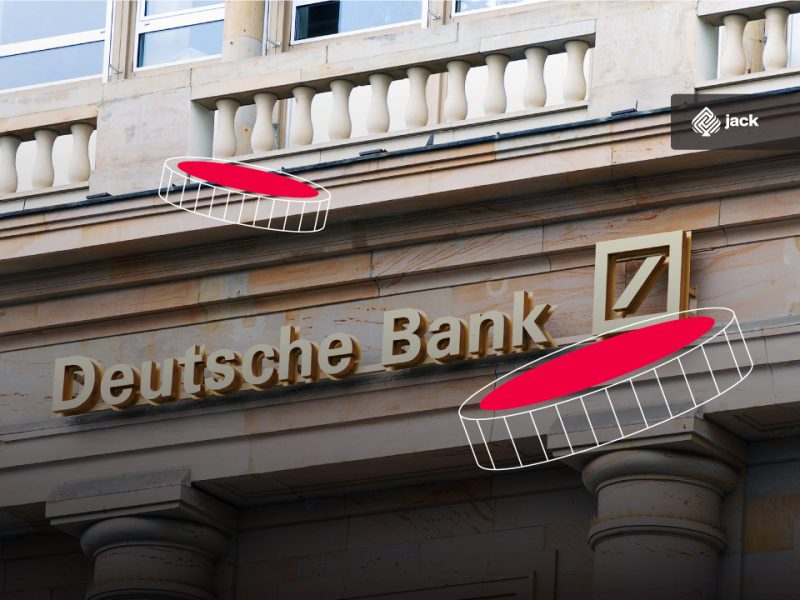The largest banks in Germany are determined by their total asset holdings, placing them in the category of large banks.
Germany is one of the countries that also boasts the largest banks to manage its financial system and act as the determinant of monetary authority in the country.
See Also Effortlessly Send Money to Germany with Jack
The policies implemented by each bank in Germany undoubtedly have a significant influence on the country.
Additionally, banks also engage in cooperation beyond Germany’s borders to expand branches and as a form of profitable investment.
Largest Banks in Germany
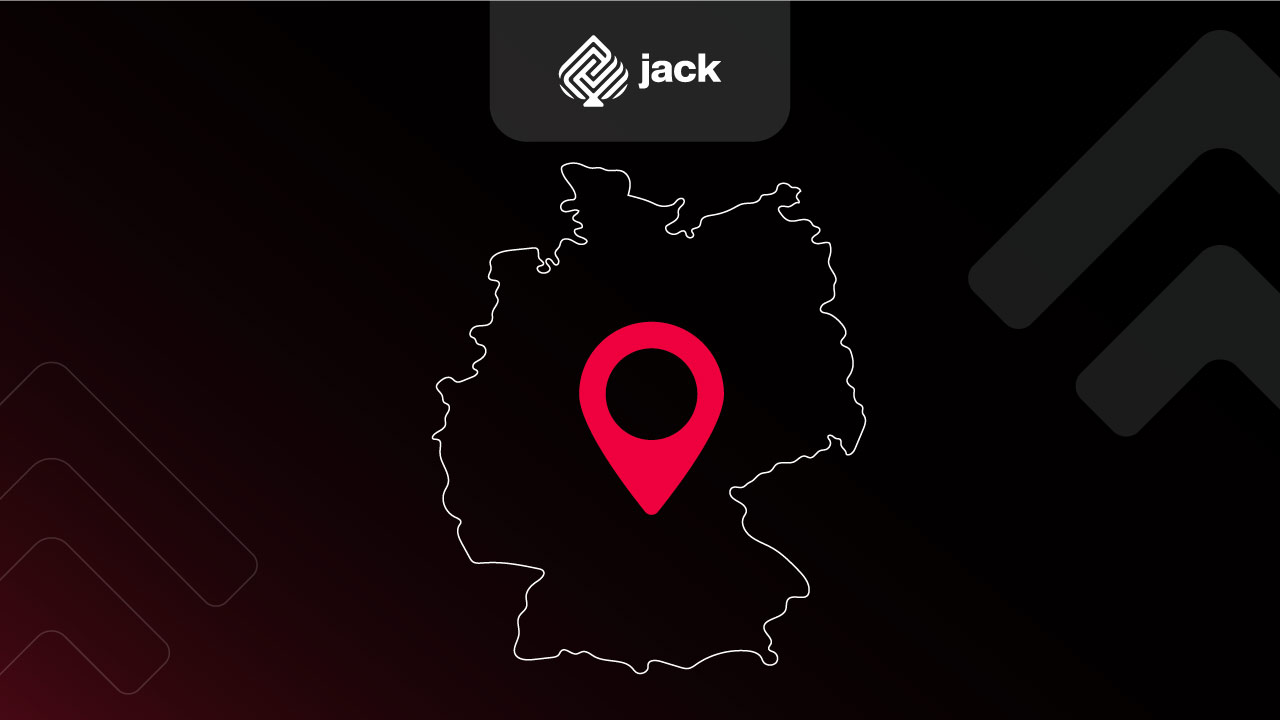
1. Deutsche Bank
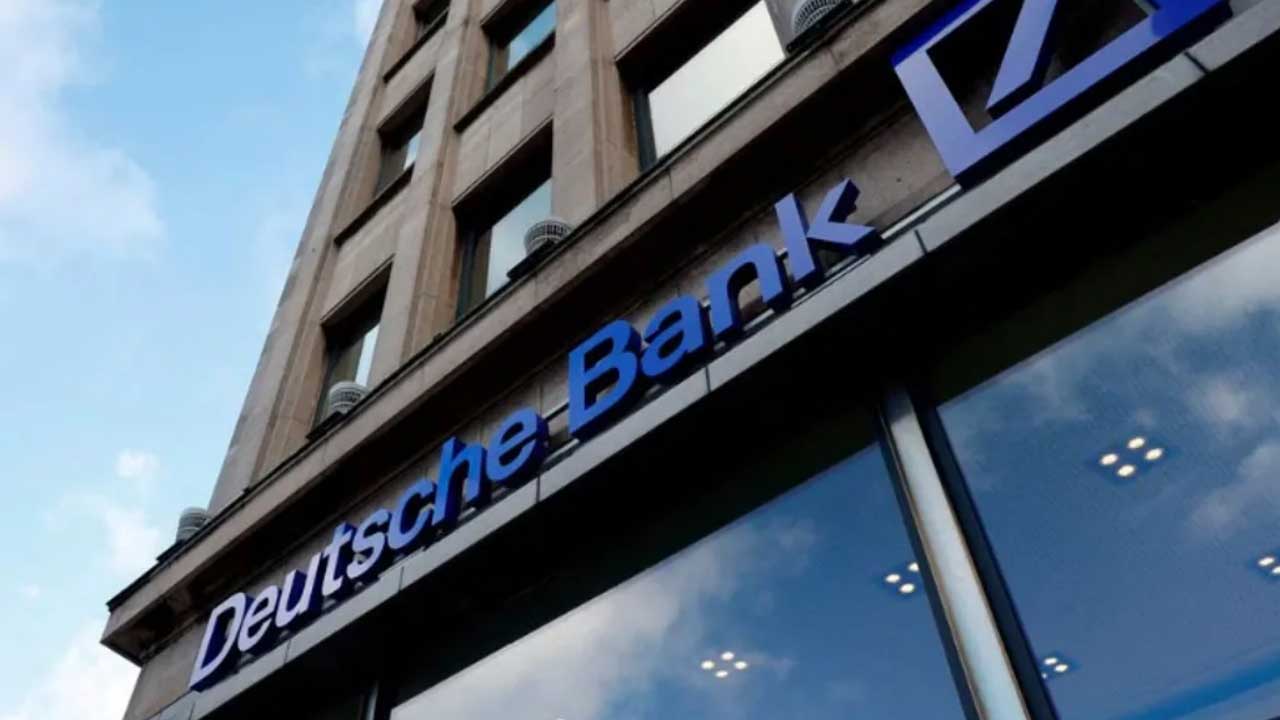
As a multinational investment banking and financial services company headquartered in Frankfurt, Germany, Deutsche Bank is listed on the Frankfurt Stock Exchange and the New York Stock Exchange.
It operates in 58 countries, particularly in the Americas, Europe, and Asia. From 2017 to 2018, it held the largest assets ranking 21st globally and is considered the largest bank in Germany.
It is also a component of the DAX stock market index and is regarded as a systematically important financial institution by the Financial Stability Board.
Deutsche Bank is a universal bank with four main divisions: corporate banking, investment banking, asset management, and private banking.
Its investment banking division often engages in substantial deal structuring. Founded in 1870 in Berlin, the bank initially provided trade financing outside Germany to boost German exports.
It played a crucial role in the development of industries in Germany by focusing on providing financing for industrial purposes.
2. Commerzbank
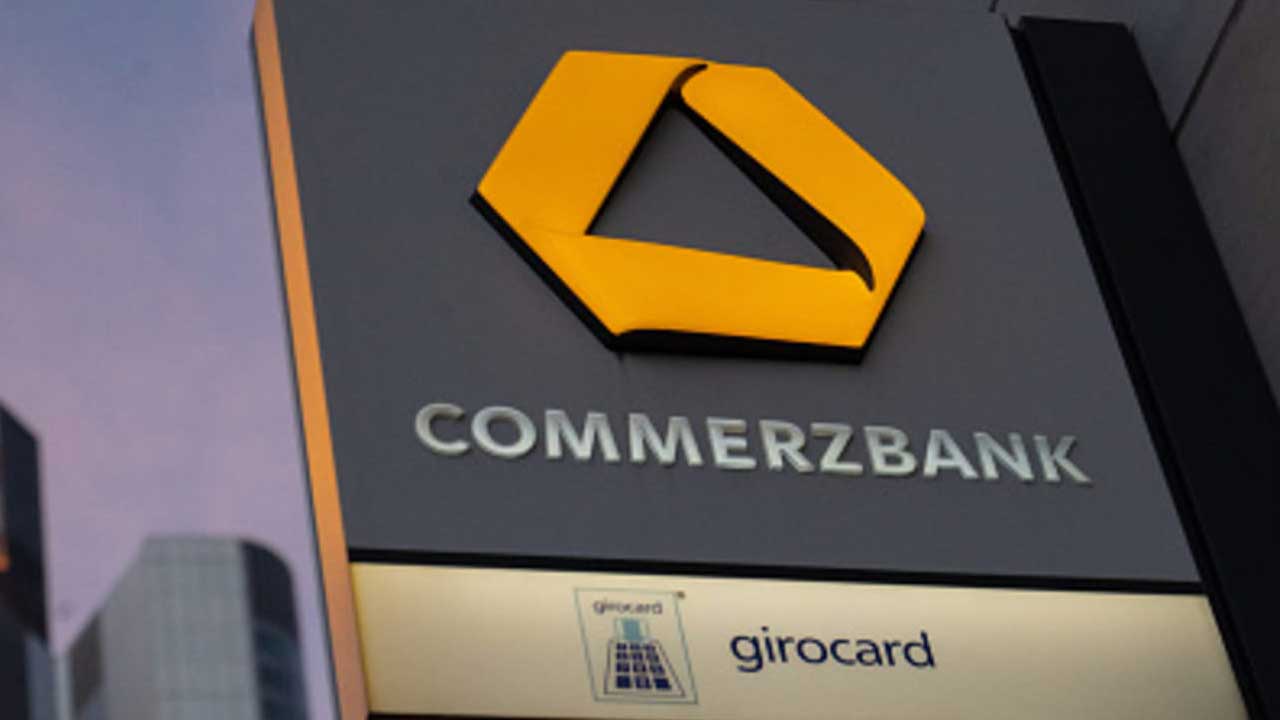
Commerzbank is Germany’s second-largest bank and a global banking and financial services company headquartered in Frankfurt am Main, Germany. It is highly active in commercial banking, pawnbroking, and retail banking.
This bank experienced significant setbacks in its investment banking operations in the early 2000s, leading to the closure of Commerzbank Securities.
The remaining investment banking activities were merged into the commercial banking division, focusing on fixed income, foreign exchange, commodities, and hedge funds.
Its investment banking, equities, capital markets, and corporate banking operations are more integrated into the Commerzbank Group division. The bank underwent significant restructuring in the early 2000s under the leadership of Mehmet Dahlan.
It has a wide branch network throughout Germany and several branch offices in Europe, including Luxembourg, London, Spain, Poland, and Switzerland.
Commerzbank also has a significant market share in online banking. Its advancement includes EuroHypo, an integral part of the bank, and its representation and ownership in several trading and financial centers in Asia and America.
3. DZ Bank
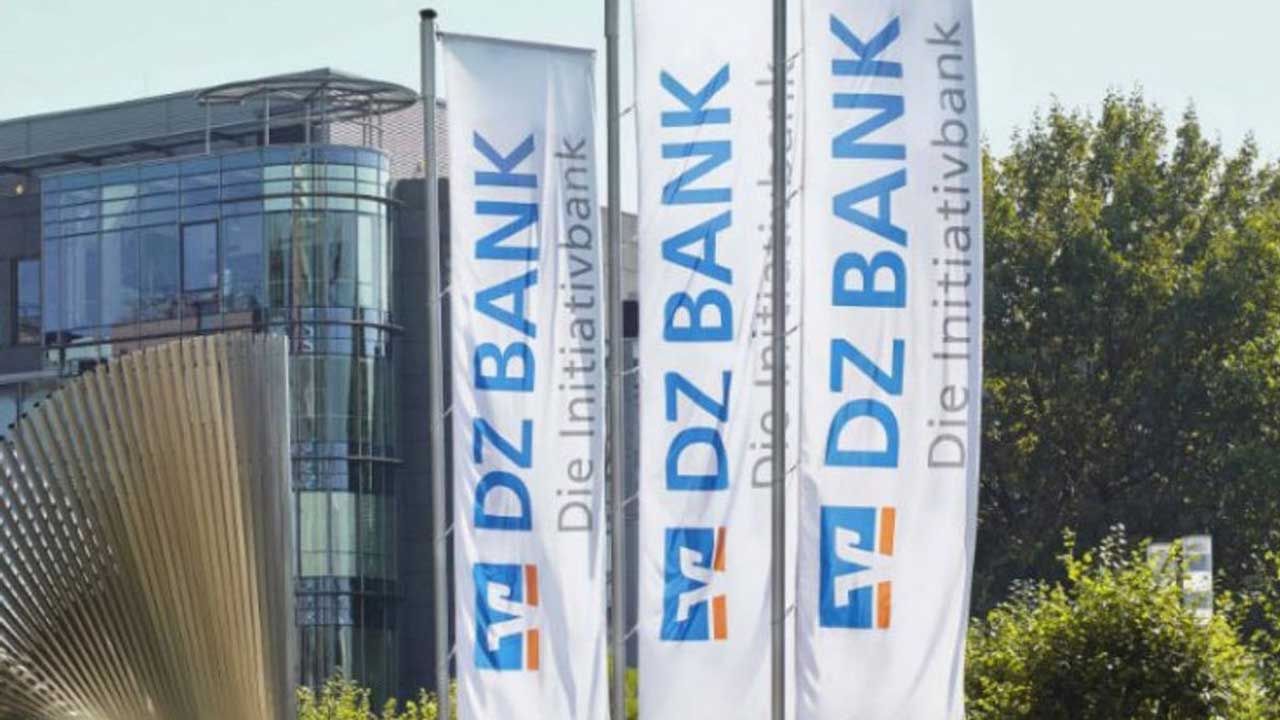
One of Germany’s largest banks, DZ Bank is known as the central cooperative bank in Germany, serving as a commercial bank and the equivalent of WGZ Bank for administrative purposes.
Approximately 1,400 cooperative banks, representing over three-quarters of all Volksbank and Raiffeisenbank cooperative banks in Austria and Germany, fall under its administration
The cooperative banks in Germany are represented by the Bundesverband der Deutschen Volksbanken und Raiffeisenbanken (BVR).
See Also other Articles About the Largest Banks in The World from Jack
Largest Banks in Thailand
Largest Banks in Sri Lanka
Largest Banks in Singapore
Largest Banks in Philippines
Largest Banks in Malaysia
Largest Banks in India
DZ Bank is based in the financial district of Frankfurt and is one of the largest banks in Germany with both domestic and global operations. It has branches, representative offices, subsidiaries, and economic regions worldwide.
DZ Bank ranks second among the largest banks in Germany in terms of asset size and serves around 800 cooperative banks with 8,500 branch offices.
It is also a significant player in the German cooperative financial group, managing assets of around €1,200 trillion. Thus, the bank functions effectively as a central institution, corporate bank, and investment bank.
4. Landesbank Baden-Wuerttemberg (L-Bank)

Landesbank Baden-Wuerttemberg (L-Bank) is a universal bank and Landesbank in several federal states in Germany. In 2018, it became the largest buyer of state-guaranteed land loans in Germany.
The bank focuses on industrial technology, software, information technology, innovative services, telecommunications, and life sciences.
It chooses to invest in Southern Germany but also considers investments in other regions of Germany, Switzerland, and Australia. L-Bank was designated as a systematically important institution when European banking supervision was introduced at the end of 2014, leading to direct supervision by the European Central Bank.
Formed on January 1, 1999, through the merger of SüdwestLB, Landesgirokasse, and commercial banking business L-Bank, BW Bank was incorporated into LBBW on August 1, 2005, making it a legally dependent institution based on public law.
Landesbank Rheinland Pfalz was integrated into the LBBW group on July 1, 2008, under the new name Rheinland Plafz Bank. In 2007, Günther Oettinger, governor of Baden-Württemberg, announced that LBBW would pay an upfront fee of €250 million to its competitor, Sachsen LB, on April 1, 2008.
Use Jack for your business needs
This action led to the establishment of operations in Central Germany, namely Saxony-Anhalt, Thuringia, and Saxony, under the umbrella of Sachen Bank.

